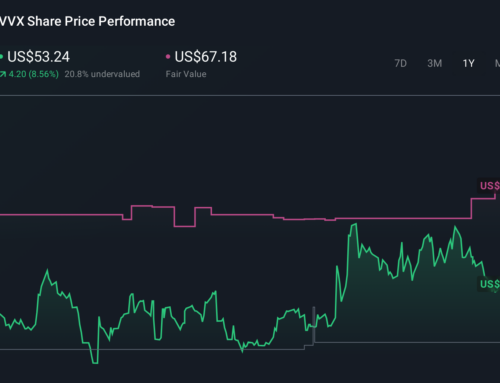UC Merced’s Nicotine & Cannabis Policy Center to use wastewater tests to measure, fight ni
March 31, 2025

Monday, March 31, 2025 11:59PM
Researchers will soon use what’s being flushed down the toilet to determine how many people are smoking and vaping in the San Joaquin Valley.
MERCED, Calif. (KFSN) — Researchers will soon use what’s being flushed down the toilet to determine how many people are smoking and vaping in the San Joaquin Valley.
UC Merced’s Nicotine and Cannabis Policy Center has partnered with university researchers to collect hard data.
“We’re now looking more closely at where these issues exist and how we can prioritize where to improve,” said Dr. Arturo Durazo, the director of the Nicotine and Cannabis Policy Center and Assistant Professor of Public Health.
Durazo says California leads the way at bringing down smoking rates, down to 8% in some areas.
But it’s not even across the board.
“There are pockets, especially in the San Joaquin Valley, rural areas and then communities that have been targeted by the tobacco industry where we find smoking rates, sometimes even up to 20%, and that’s where you see this stark difference.” Durazo said.
That’s why the new initiative is aiming is to get better information on nicotine use, so they can better combat the problem where it’s prevalent.
Dr. Colleen Naughton is an assistant professor in Civil and Environmental Engineering at UC Merced.
She’s been utilizing wastewater to monitor different infections since the pandemic.
“It’s really exciting just the different uses and for like to inform public health.” Naughton said.
They’ve used this method to track viral infections such as Covid-19, RSV, and Influenza A.
Now, she along with another professor from UC Merced and one from San Diego State will use the same process to identify smoking rates.
Samples will be taken twice monthly from Merced and Stanislaus counties and once a month from UC Merced’s campus.
The samples will be analyzed for nicotine metabolites which will allow researches to observe patterns of use.
Naughton says this is a much more reliable way to collect data, in comparison to oral or written surveys while still protecting people’s privacy.
“It’s like a pooled sample so we’re not going to be able to tell like this household is smoking, this one is not.” Naughton said.
The samples will be collected between July and October.
Then, researches will analyze the data through the end of the year.
From there, Durazo says they can better determine how to educate people and how to create effective policies against the availability and sales of nicotine products.
“Then we can start prioritizing strategies about what types of work do we need to do to be more successful and effective at helping those who are motivated to smoke to quit smoking and stay quit?” Durazo said.
Durazo says detecting nicotine levels in wastewater can establish a new model for tracking actual substance use.
There’s also the possibility that this work can lay the groundwork for more extensive, federally funded research.
For news updates, follow Jessica Harrington on Facebook, Twitter and Instagram.
Copyright © 2025 KFSN-TV. All Rights Reserved.
Related Topics
Search
RECENT PRESS RELEASES
Related Post









